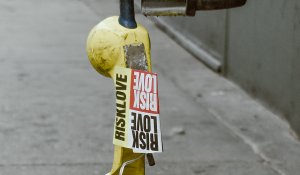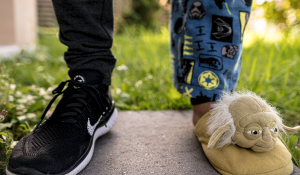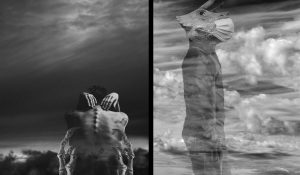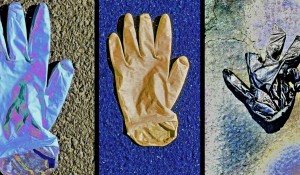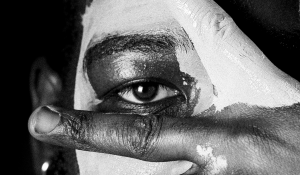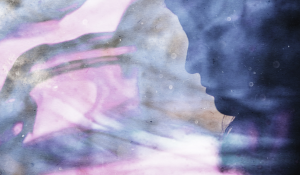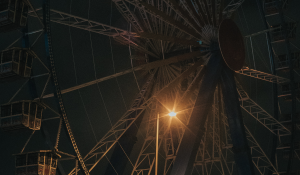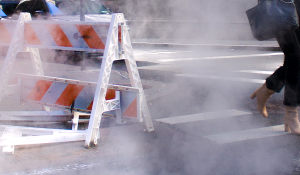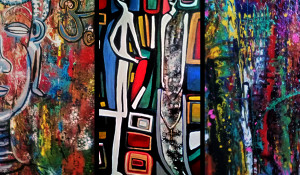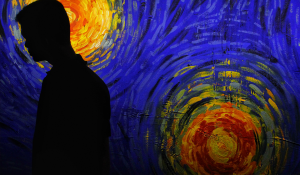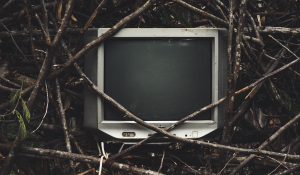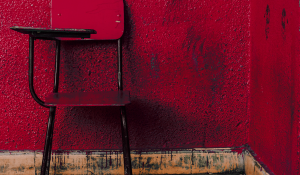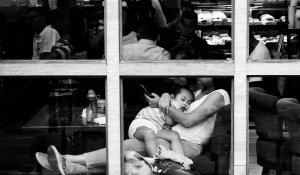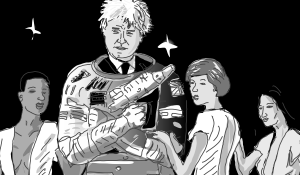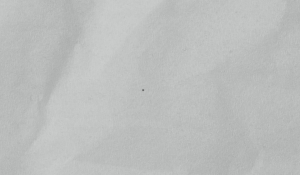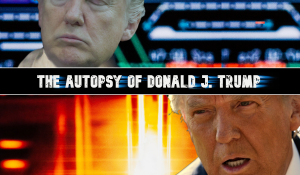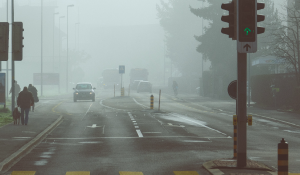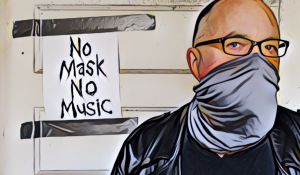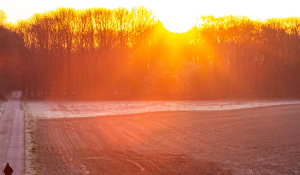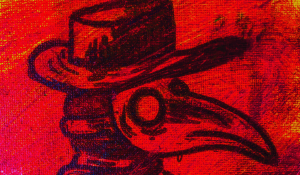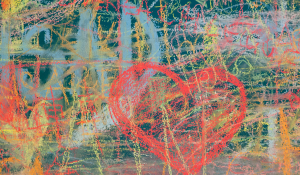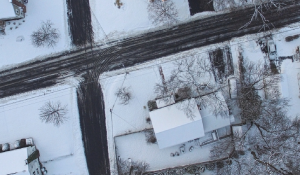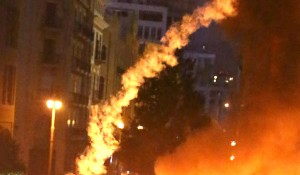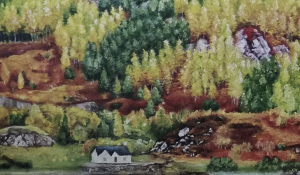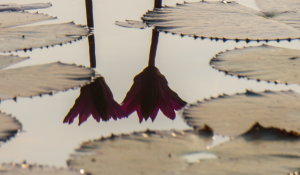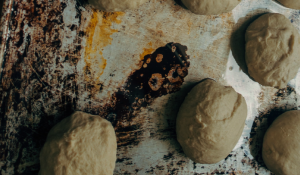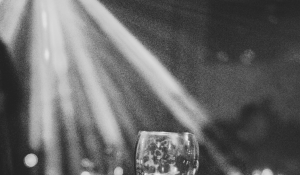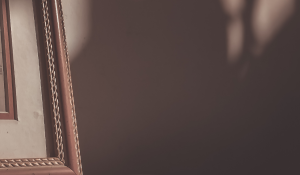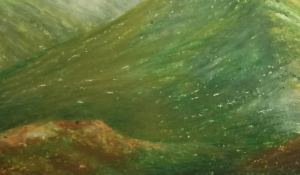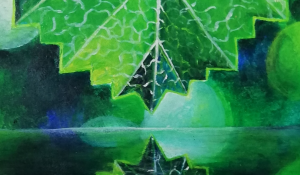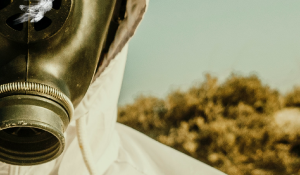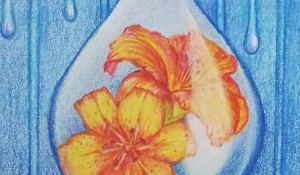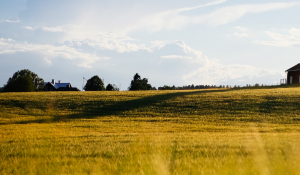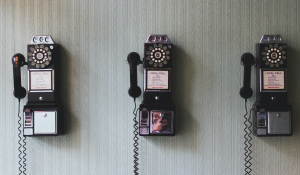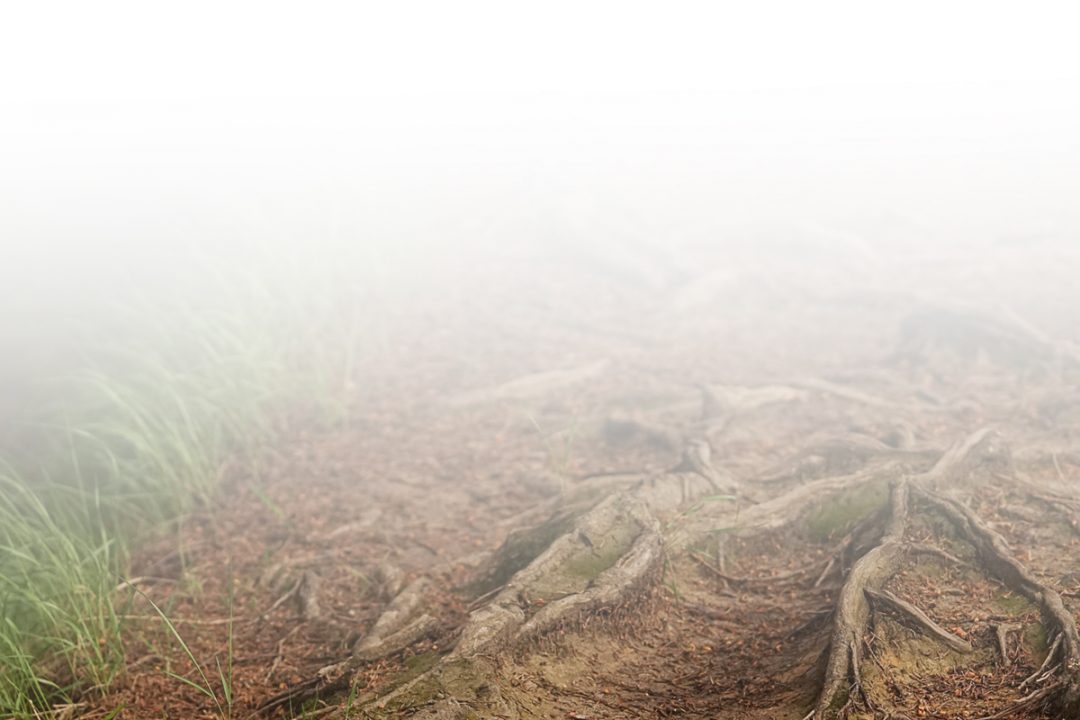Written by Alessandro Prest
While starting his article, I was wondering, “What are roots?”
What are the roots for us human beings, for mankind?
The more I try to find an answer, the more entangled the question becomes. Every human has them, yet they are totally different from individual to individual, a somewhat incomparable inter eos.
They are who we are, and why we are so; they are our past, our present and sometimes our future.
Roots describe our origins, the deepest shades of our soul. They are our values, taboos, and aspirations. They penetrate our life when we are young because we need a model to emulate. They are there, mutable in content and immutable in time.
Not Just Ties to Our Past
As adults we craft our roots in our own way, we interpret them, we make them, even more, our own. Nobody really takes them as set in stone, otherwise, the world would never change.
Each person has their own reasoning and we recall our roots in a unique way. We are capable of treasuring their content, taking them with us wherever we go, and applying them to the reality we live in. We see the best in them, then we discover their faults with new situations. The opposite is also true: we see a situation and our roots tell us how it could be improved.
There is a continuous exchange between our roots and the real world.
It’s true they can sometimes be our future, too; for instance, when someone remains glued to their home, their views, and habits. Without judging such conduct, I can affirm that it is a life that mostly reinforces one’s roots and makes them more resilient.
There is a saying back home in Italy: “A people without memory is a people without history.”
That is what roots are. Our memories, our history, our culture, our traditions, our beliefs, and those of the social groups we belong to, be a that close family, a nation, a local region or something else. Roots are the quintessence of our Weltanschauung – they are the reasons we see the world as we do.

Photo by Elijah Boisvert
A Necessary Hindrance
I would say roots are needed to shape an identity. Having a model to emulate or some values to achieve makes life much easier.
Our roots, they hold us tight and we hold tightly onto them; they strengthen us. They are our way to confide in our capabilities, our way to build up our knowledge.
Nevertheless, we all have this urge to fly away from them, to soar the sky, to dare something, to fight our fears. That’s our way to try and grow up, to follow our hearts and to start living our own lives.
When we become adults, we transition to a new social group and we step out into the “big world.” It is a very weird sensation (at least for me).
In order to make a place in the world, we must fly away from our nest, which – after all – rests fixed upon roots. The tree remains there, stuck to the ground, a solid reference forever in life.
If you do not know where to go or what to do, you know you can go back to your roots then return rested to the world. Roots are the very first yardstick in the confrontation with our lot life, but they are just and always the starting point.
The Interaction and Exchange of Roots
I have asked myself whether roots can change, and I have come to the conclusion that their mutation is of an addictive nature.
As soon as we step out in the big wide world, we are confronted with people who are different; we will inevitably make a comparison and that comparison will have consequences on our views.
We may find someone else’s habits or conduct weird or illogical, but we may also discover a new and improved way to do something, something we never considered just because we weren’t aware of it. Whenever this alternative is positive, the odds are high that it will become a new habit, a new root.
Roots are added on to, one after another. As long as life is lived it is a learning process. This learning process is sometimes unconscious; we see what is better and what is worse, and we try to achieve the former.

Photo by Matthew Kerslake
Giving Rise to New Shoots
Personally speaking, I must say I interpreted some of my Italian roots differently since I moved to the Netherlands, for good and ill, and I have added some Dutch roots to my luggage.
Roots are important because they can help us improve: we must know where we come from in order to celebrate the achievements of our progress.
Alas, we often forget that.



